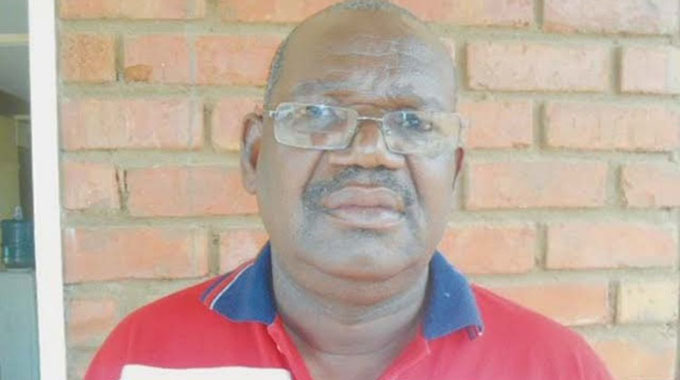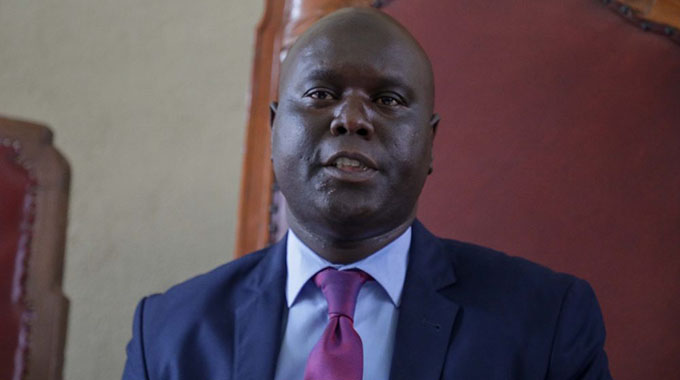Call to end Tongaat Hulett monopoly

George Maponga Masvingo Bureau
Nearly 1 000 indigenous sugar cane farmers in the Lowveld have called for an end to Tongaat Hulett Zimbabwe’s unrivalled monopoly in the local sugar value chain for them to also benefit from the multimillion-dollar industry.
Tongaat has maintained a firm stronghold on the local sugar industry, with the South Africa-headquartered firm running rings in cane growing, milling and marketing, which rakes in millions of dollars annually.
The firm owns cane fields that straddle over 30 000 hectares at Triangle and Hippo Valley Estates and also owns the country’s only two sugar mills at the two estates in Chiredzi and Triangle.
The company charges new farmers 23 percent of their cane value as milling charge, a figure the farmers complain is way too high and enriches the Lowveld sugar producer.
Tongaat controls the marketing of sugar both on the local and international markets through the Zimbabwe Sugar Sales Board (ZSS).
Farmers now want increased representation on ZSS, arguing that the Tongaat-controlled board was operating surreptitiously.
Commercial Sugar Cane Farmers’ Association of Zimbabwe (CSCFAZ) chair Cde Admore Hwarare said Government should intervene to break Tongaat monopoly.
Cde Hwarare said new farmers were being shortchanged because of Tongaat’s monopoly of the entire sugar value chain.
“We are being shortchanged because of Tongaat’s monopoly because the company does not only control sugar milling, but also the marketing of the product,” he said.
“We need more representation as new farmers because we do not even know how much the company is making from our sugar.
“It does not make sense for Tongaat to control the marketing of our sugar which they charge us 23 percent to mill and then go on to sell for a price that is way far too high than what is paid to the farmer for a tonne of sugar.
“Right now a farmer is paid about $4 600 per tonne of sugar, but Tongaat sells the same tonne of sugar for about $7 600.
“Where is this difference of about $3 000 going to when it is not getting into the farmers’ pockets?”










Comments